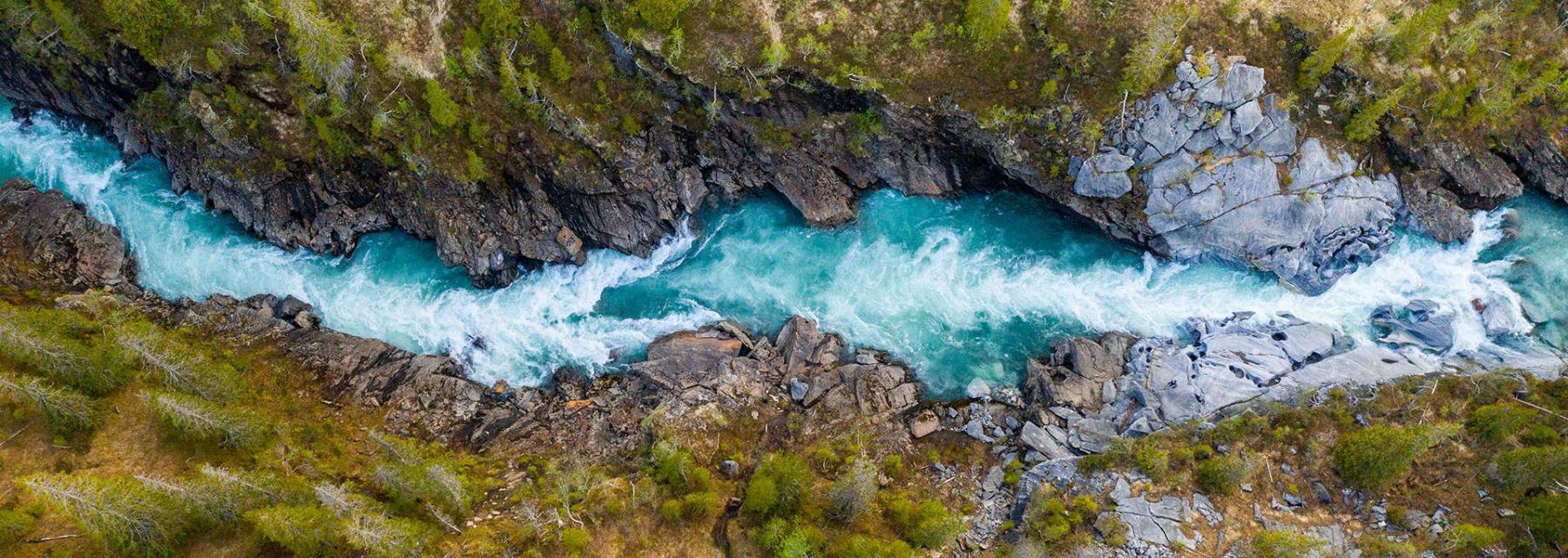
Hydrochemical Analysis of the Natural Waterbodies in the Grand Canyon State (Arizona)
by Michael Angelo De La Cruz
A lesson to teach students how to collect, organize, interpret data, make inferences, raise awareness, and suggest possible solutions on the water quality of the waterbodies in the state of Arizona.
Lesson Plan Link/URL
https://docs.google.com/presentation/d/1vKBQbkIideZbGoQK9d9_En3N3VpTVt-M/edit?u…Subject Area
Science Physical Science P1: Matter Earth and Space Science E1: Earth Systems Technology 1. Empowered Learner 2. Digital Citizen 3. Knowledge Constructor 5. Computational Thinker 6. Creative Communicator 7. Global Collaborator Mathematics Measurement and Data (MD) Ratio and Proportion (RP) Statistics and Probability (SP) Number & Quantity (N) English Language Arts (ELA) Reading (Literature) Reading (Informational Text) Writing
Featured
Off
Related Content

Grades:
Kindergarten, 1st Grade, 2nd Grade
This lesson is designed for K-2 students to explore and understand weather patterns using technology. Over the course of 45 minutes, students will use tablets or computers to gather real-time weather

Grades:
9th Grade, 10th Grade, 11th Grade, 12th Grade
Students will work in small groups to create a water filtration system to demonstrate understanding of water purification systems and human influences.

Grades:
5th Grade
This 5th grade lesson incorporates Mad Lib, micro:bits and learning how to code on Makecode.org. This lesson is teacher directed to walk students to add variables and text value. Students will use